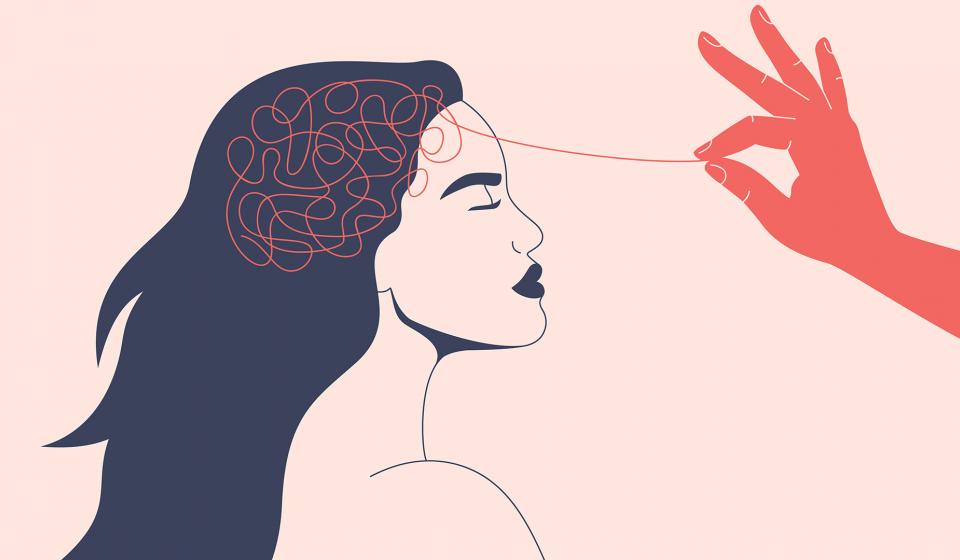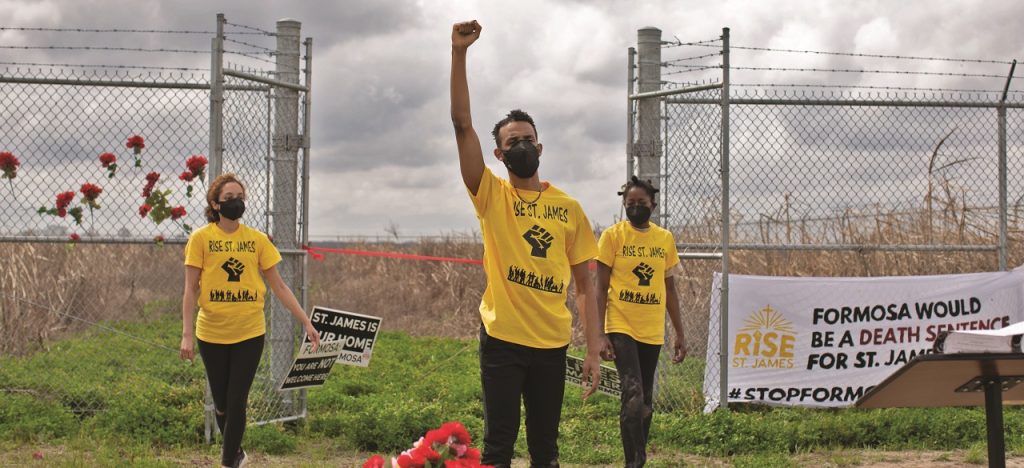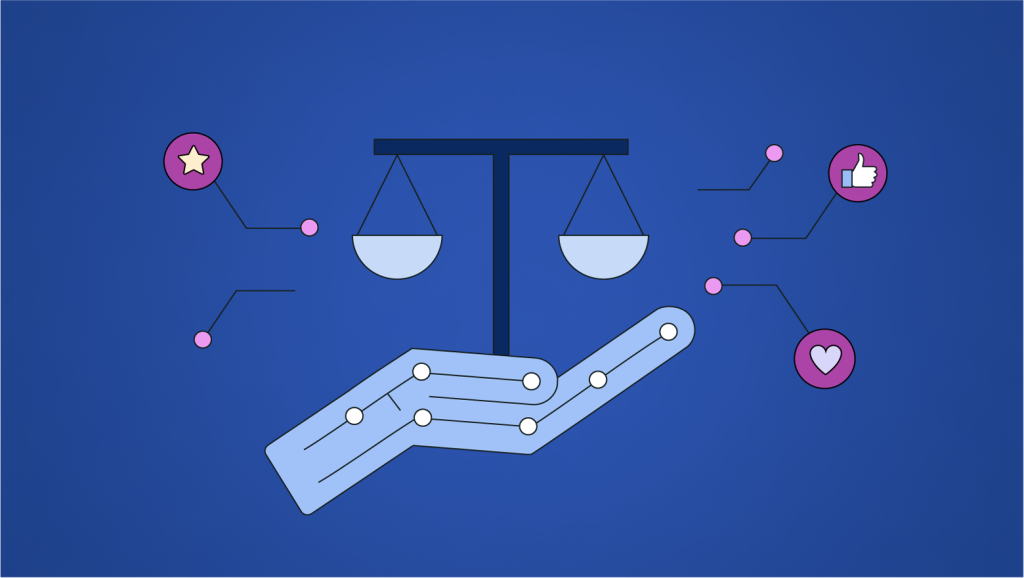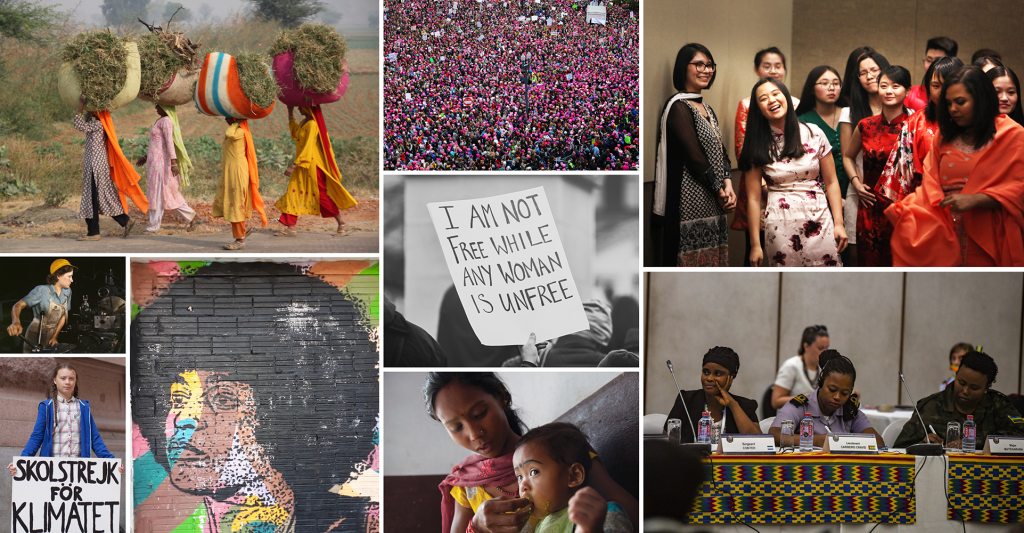The Impact of Mental Health Stigma on Society and Effective Ways to Combat It.

Introduction
Mental health stigma is a pervasive issue that affects individuals, communities, and societies at large. Despite growing awareness and advancements in mental health care, negative attitudes, stereotypes, and discrimination continue to surround mental illness. These societal biases often discourage individuals from seeking help and hinder progress toward a more inclusive and supportive society. In this article, we explore the impact of mental health stigma on society and discuss effective ways to combat it.
The Role of Society in Perpetuating Mental Health Stigma
Cultural norms and misconceptions play a significant role in perpetuating mental health stigma. In many cultures, mental illness is seen as a sign of weakness, personal failure, or moral flaw. This view often leads to the marginalization of those experiencing mental health challenges. The media further exacerbates these stereotypes, frequently depicting individuals with mental illnesses as violent, unpredictable, or incapable of leading normal lives. These portrayals reinforce harmful assumptions, making it more difficult for those affected by mental health issues to be seen as fully capable and worthy of respect.
Furthermore, society’s reluctance to talk openly about mental health creates an environment where individuals are isolated and ashamed of their struggles. When mental illness is viewed as taboo, it becomes harder for people to seek help, as they fear being judged or misunderstood.
Consequences of Mental Health Stigma
The consequences of mental health stigma are far-reaching, affecting individuals’ social, emotional, and economic well-being.
- Social Consequences
Stigma leads to social isolation. Individuals with mental health conditions may be excluded from social circles or discriminated against in their workplaces or schools. This exclusion can worsen feelings of loneliness and perpetuate a cycle of social withdrawal. - Emotional Consequences
The fear of being judged or labeled can severely impact an individual’s self-esteem. People may feel ashamed or guilty for experiencing mental health challenges, leading to self-stigma. This internalized shame can prevent individuals from seeking the treatment they need and may exacerbate their condition. - Economic Consequences
The stigma surrounding mental illness also has significant economic consequences. People facing discrimination due to their mental health conditions may find it harder to secure or maintain employment. This can lead to financial instability, adding further strain to their well-being. Additionally, untreated mental illness can lead to increased healthcare costs and reduced productivity, affecting both individuals and society.
Ways to Combat Mental Health Stigma
While the challenges are significant, there are several effective ways to combat mental health stigma and foster a more supportive and inclusive society:
- Promoting Mental Health Education
Education is key to dismantling stigma. By integrating mental health education into schools, workplaces, and communities, we can challenge misconceptions and provide accurate information. People will better understand that mental health conditions are as real and valid as physical health conditions, helping to normalize discussions about mental illness. - Encouraging Open Conversations
Creating spaces where open and honest conversations about mental health are encouraged is essential in breaking the silence. Public figures, including celebrities, activists, and politicians, can use their platforms to share their own mental health struggles, helping to normalize these experiences. When people see that mental health issues are not something to be ashamed of, they are more likely to seek help when needed. - Highlighting Personal Stories
Personal stories can humanize mental illness and evoke empathy. Sharing real-life experiences of those who have faced mental health challenges allows society to see that these issues affect people from all walks of life. By showcasing stories of recovery and resilience, we can shift public perception from fear and stigma to understanding and support. - Advocacy and Awareness Campaigns
Mental health campaigns, both on social media and in traditional media, are effective tools in raising awareness and changing attitudes. Campaigns like “Time to Change” or “Heads Together” have made significant strides in reducing stigma by promoting positive messages about mental health. These campaigns empower individuals to speak up and seek the support they need without fear of judgment.
The Role of Support Systems in Reducing Stigma
Support systems are essential in helping individuals with mental health challenges feel valued and understood. A strong support network—comprising family, friends, and healthcare professionals—can provide reassurance and encouragement. When these systems are compassionate and non-judgmental, they create an environment where individuals are more likely to seek help.
Moreover, workplaces and educational institutions can play a pivotal role by implementing inclusive policies that address mental health. Providing resources such as counseling services, flexible work hours, and mental health days can significantly reduce stigma and help employees or students manage their mental health without fear of discrimination.
Conclusion
Mental health stigma remains a significant barrier for many individuals, preventing them from seeking the help and support they need. By addressing the root causes of stigma, such as misinformation, fear, and silence, we can create a more compassionate society. Mental health education, open conversations, personal stories, and advocacy campaigns are powerful tools in combatting stigma. It’s essential for us to continue advocating for mental health awareness and support systems to ensure that everyone can access the care they deserve without fear of judgment or discrimination.
Call to Action:
Let’s work together to break the stigma surrounding mental health. By promoting understanding, compassion, and open dialogue, we can create a world where mental health is treated with the same importance as physical health, and those who struggle are supported and empowered to seek help.










